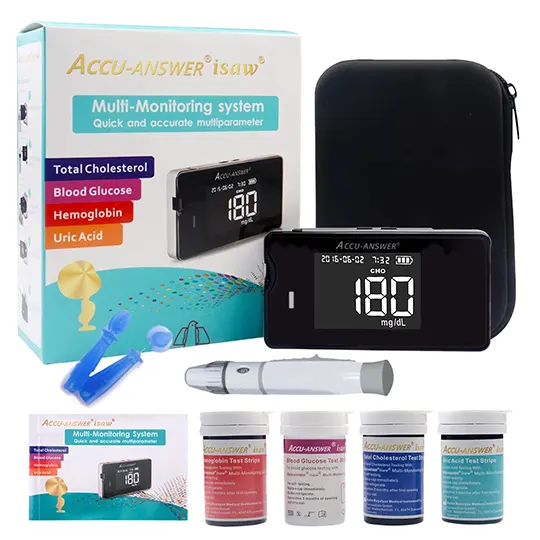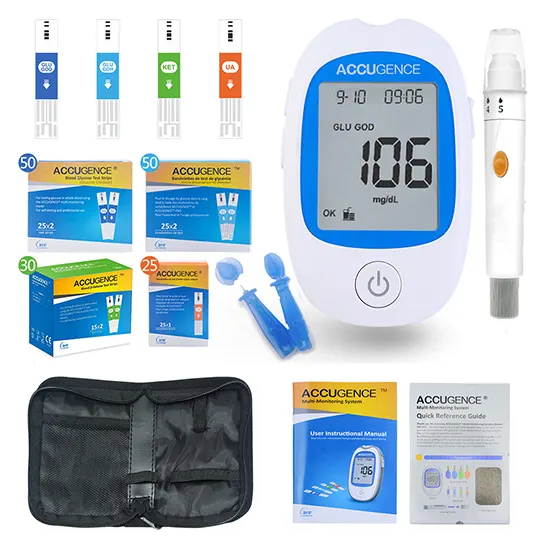acetaminophen/chlorpheniramine/dextromethorphan (Children's Triaminic Flu, Cough and Fever, Children's Tylenol Plus Cough and Runny Nose, Coricidin HBP Maximum Strength Flu, Vicks Formula 44 Custom Care Cough and Cold PM, St. Joseph Maximum Strength Flu)
Classes: Analgesic/Antihistamine/Antitussive Combos; Antitussives, Non-narcotic; Antitussives, Non-narcotic Combos
- Dosing and uses of Children's Triaminic Flu, Cough & Fever, Children's Tylenol Plus Cough & Runny Nose (acetaminophen/chlorpheniramine/dextromethorphan)
- Children's Triaminic Flu, Cough & Fever, Children's Tylenol Plus Cough & Runny Nose (acetaminophen/chlorpheniramine/dextromethorphan) adverse (side) effects
- Warnings
- Pregnancy
- Pharmacology of Children's Triaminic Flu, Cough & Fever, Children's Tylenol Plus Cough & Runny Nose (acetaminophen/chlorpheniramine/dextromethorphan)
Dosing and uses of Children's Triaminic Flu, Cough and Fever, Children's Tylenol Plus Cough and Runny Nose (acetaminophen/chlorpheniramine/dextromethorphan)
Adult dosage forms and strengths
acetaminophen/chlorpheniramine/dextromethorphan
tablet
- 500mg/2mg/15mg
Relief of Cold & Flu Symptoms
2 tab PO q6hr; not to exceed 8 tabs/day
Pediatric dosage forms and strengths
acetaminophen/chlorpheniramine/dextromethorphan
tablet
- 500mg/2mg/15mg
Relief of Cold & Flu Symptoms
≥12 years: 2 tablets PO q6hr; not to exceed 8 tabs/day
Children's Triaminic Flu, Cough and Fever, Children's Tylenol Plus Cough and Runny Nose (acetaminophen/chlorpheniramine/dextromethorphan) adverse (side) effects
Frequency not defined
Hypotension
Palpitations
Tachycardia
Confusion
Depression
Distress
Dizziness
Euphoria
Fatigue
Headache
Insomnia
Irritability
Sedation
Tremors
Dermatologic rash
Anorexia
GI disturbances
Anemia blood dyscrasias (neutropenia, pancytopenia, leukopenia)
Agranulocytosis
Hemolytic anemia
Thrombocytopenia
Bilirubin and alkaline phosphatase may increase
Thickening of bronchial secretions
Wheezing
Warnings
Contraindications
Contraindicated in documented hypersensitivity; asthma attacks, narrow-angle glaucoma, symptomatic prostate hypertrophy, bladder-neck obstruction, and stenosing peptic ulcer; known G-6-PD deficiency
Chlorpheniramine may cause significant confusional symptoms; not for administration to < 2 years of age
Acetaminophen hepatotoxicity possible in chronic alcoholics following various dose levels; severe or recurrent pain or high or continued fever may indicate a serious illness; contained in many OTC products and combined use with these products may result in toxicity due to cumulative doses exceeding recommended maximum dose
Do not take dextromethorphan for persistent or chronic cough associated with smoking, asthma, or emphysema, or if it is accompanied by excessive phlegm unless directed by a healthcare provider; dextromethorphan may slow the breathing
Cautions
Caution in asthma, bladder neck obstruction, cardiovascular disease, COPD, GI obstruction, glaucoma, hepatic impairment, hypertension, hyperthyroidism, increased intraocular pressure, malnutrition, renal impairment, elderly patients, patients taking CNS depressants or <6 years of age with chlorpheniramine products
Caution in severe hypovolemia if taking acetaminophen products
Acetaminophen: Risk for rare, but serious skin reactions that can be fatal; these reactions include Stevens-Johnson Syndrome (SJS), toxic epidermal necrolysis (TEN), and acute generalized exanthematous pustulosis (AGEP); symptoms may include skin redness, blisters and rash
Pregnancy and lactation
Pregnant or breastfeeding patients should seek advice of health professional before using OTC drugs
Pregnancy categories
A: Generally acceptable. Controlled studies in pregnant women show no evidence of fetal risk.
B: May be acceptable. Either animal studies show no risk but human studies not available or animal studies showed minor risks and human studies done and showed no risk.
C: Use with caution if benefits outweigh risks. Animal studies show risk and human studies not available or neither animal nor human studies done.
D: Use in LIFE-THREATENING emergencies when no safer drug available. Positive evidence of human fetal risk.
X: Do not use in pregnancy. Risks involved outweigh potential benefits. Safer alternatives exist.
NA: Information not available.
Pharmacology of Children's Triaminic Flu, Cough and Fever, Children's Tylenol Plus Cough and Runny Nose (acetaminophen/chlorpheniramine/dextromethorphan)
Mechanism of action
Chlorpheniramine blocks muscle responses in histamine and acts as an antagonism of the constrictor effects of histamine on respiratory smooth muscle
Acetaminophen blocks pain impulse generation peripherally and may inhibit the generation of prostaglandin in the CNS. Reduces fever by inhibiting the hypothalamic heat-regulating center
Dextromethorphan is a cough suppressant that acts centrally on the cough center in the medulla



